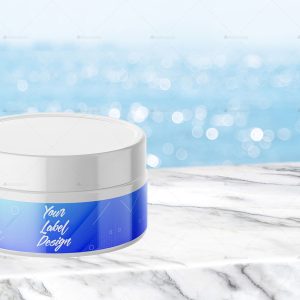Menopause can bring about a wave of physical and emotional changes. One of the most significant challenges is the decline in estrogen levels, which can lead to a variety of health issues. Strength training emerges as a powerful tool to combat these challenges and improve overall well-being during this phase of life.
Why Strength Training is a Must for Menopausal Women:
- Muscle Maintenance: As estrogen levels drop, muscle mass can decrease, leading to a loss of strength and functionality. Strength training helps counteract this by building and maintaining muscle, making daily activities easier and reducing the risk of falls.
- Bone Health Boost: Menopause increases the risk of osteoporosis. Strength training can stimulate bone growth, helping to prevent fractures and maintain bone density.
- Improved Insulin Sensitivity: Menopause can lead to insulin resistance, a precursor to type 2 diabetes. Strength training can enhance insulin sensitivity, helping to regulate blood sugar levels.
- Weight Management: Hormonal changes and a slowing metabolism can contribute to weight gain during menopause. Strength training can help boost your metabolism and manage weight effectively.
- Hot Flash Relief: While not a cure-all, strength training can help reduce the frequency and severity of hot flashes.
Key Strength Training Exercises:
- Compound Exercises: These exercises work multiple muscle groups at once, providing maximum benefit. Examples include squats, bench presses, deadlifts, bent-over rows, and overhead presses.
- Progression: To continue challenging your muscles and promoting growth, gradually increase the weight, reps, or intensity of your workouts.
Starting Your Strength Training Journey:
If you’re new to strength training, start slowly and gradually increase the intensity. Aim for two to four sessions per week, focusing on all major muscle groups. With consistent effort, you’ll reap the benefits of a stronger, healthier body during menopause.
By incorporating strength training into your routine, you can not only mitigate the physical challenges of menopause but also improve your overall quality of life. Remember, it’s never too late to start.
* The information presented in this blog article is intended to provide general information only and should not be considered as professional or expert advice. While we have made efforts to ensure the accuracy and completeness of the information, we cannot guarantee its correctness. We accept no liability for any loss or damage that may arise from your reliance on the information contained in this article. We encourage you to seek professional advice or conduct your own research before making any decisions based on the information presented here.













